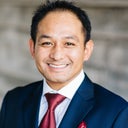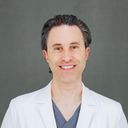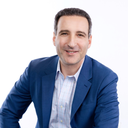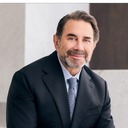To answer your question, which I am often asked by patients who have been seeing me for years but decided to try another provider after seeing a discount, I will enclose a recent newsletter I shared with my patients on this important topic. Hope you find this to be helpful.What is Botox and how does it differ from Dysport or Xeomin?They are FDA approved toxinsused to treat unwanted facial expressions that cause lines and drooping.Botox is still the gold standard.Dysport and most recently Xeomin are competing products.Do they work as well?Last as long?Cost less?Botox typically lasts







